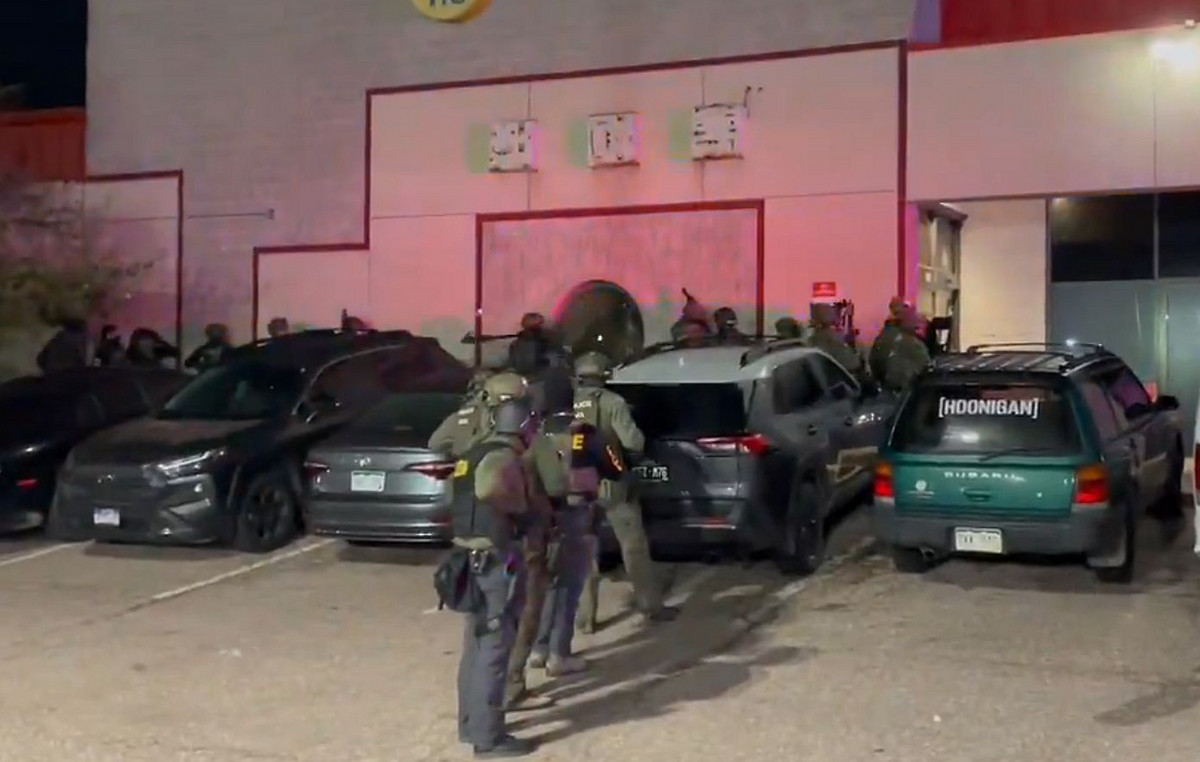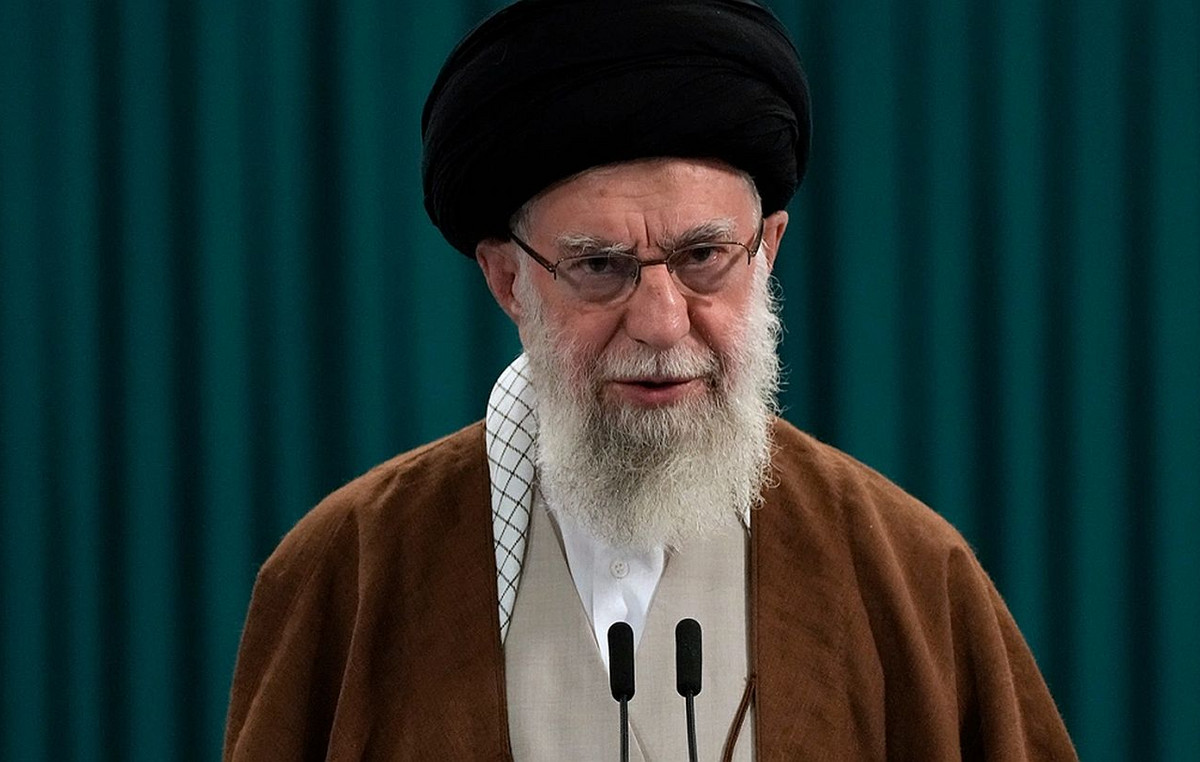Hong Kong police have made their first arrests under a recently passed national security law over social media posts deemed “seditious” by authorities.
Hong Kong police arrested six people on Tuesday (28) on suspicion of committing acts with disorderly intent, according to a police statement.
Police have accused a woman in custody and five others of taking advantage of “an approaching ‘sensitive date’” to anonymously publish seditious posts on social media since April, according to the statement.
The objective, the police claimed, was “to incite citizens' hatred of central authorities, the municipal government and the Judiciary, and to incite Internet users to organize or participate in illegal activities in the future”.
The statement did not name the next “sensitive date.” However, next Tuesday marks the 35th anniversary of the Tiananmen Square Massacre in Beijing on June 4, 1989, an event that has been erased from the records by Chinese authorities and can no longer be commemorated safely in Hong Kong. Kong.
Tuesday's detainees are five women and one man, aged between 37 and 65, police said, adding that they could face up to 7 years in prison if convicted.
“Those who seek to endanger national security should not be under the illusion that they can avoid police investigation by remaining anonymous online,” the statement added.
The arrests marked the first time Hong Kong's national security law has been invoked since it was passed unanimously by the city's legislature, free from opposition, in March.
Known locally as Article 23, the law was rushed through at the request of city leader John Lee and debated for just 11 days.
The legislation introduces 39 new national security crimes, adding to an already powerful national security law that was imposed directly by Beijing on Hong Kong in 2020, following huge and sometimes violent pro-democracy protests the previous year.

That law has already transformed Hong Kong, with authorities arresting dozens of political opponents, forcing civil society groups and outspoken media outlets to disband, and transforming the once-free city into a city that prioritizes patriotism.
Local national security legislation covers a range of new crimes, including treason, espionage, external interference and illegal manipulation of state secrets, with the most serious crimes punishable by life imprisonment.
Lee, Hong Kong's leader, described it as a “historic moment for Hong Kong”, but critics and analysts warned it would more closely align the financial hub's national security laws with those used on the Chinese mainland and deepen the ongoing crackdown. to dissent.
For decades, Hong Kong was the only place on Chinese soil where mass celebrations were held every June 4 to honor pro-democracy protesters killed by the Chinese military in a bloody crackdown.
But candlelight vigils have been largely banned since 2020 as authorities sought to extinguish all public commemorations of the crackdown, which remains the biggest political taboo in mainland China.
Source: CNN Brasil
Bruce Belcher is a seasoned author with over 5 years of experience in world news. He writes for online news websites and provides in-depth analysis on the world stock market. Bruce is known for his insightful perspectives and commitment to keeping the public informed.







